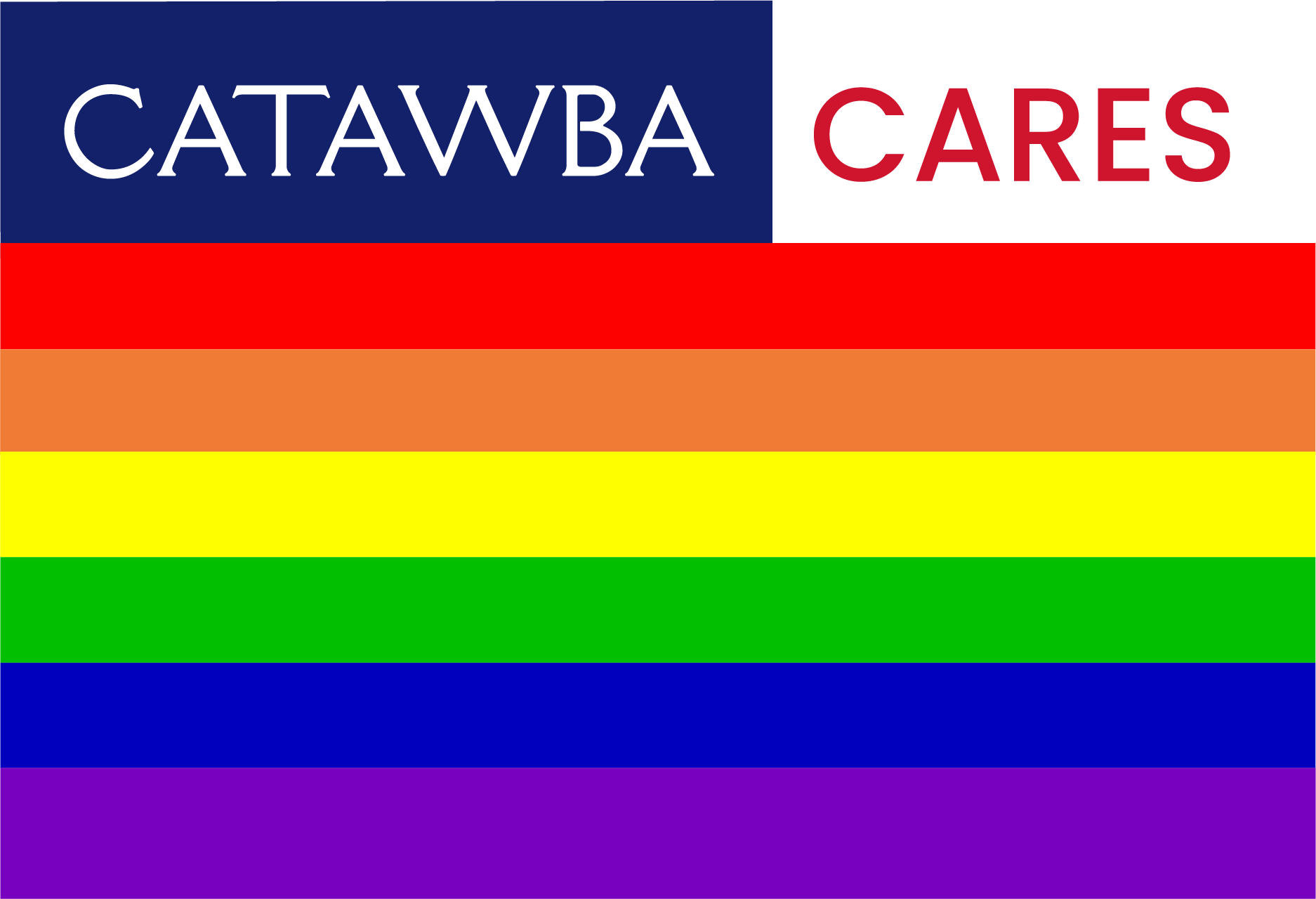Why do we need the LGBTQ+ Society?
Diversity and inclusion can serve as catalysts for academic excellence and both are central to the mission of Catawba College. The LGBTQ+ Society can provide support, advocacy and outreach, but it goes beyond the LGBTQ+ community. It’s about creating the opportunity for everyone to engage in the Catawba College community to their fullest potential.
Catawba College students are going to go out and do great things, and one thing they will need in this changing world is to have a high level of cultural competency. By giving students the tools to be culturally competent citizens of the world, we help them to fulfill the College’s mission of serving service.
What does The LGBTQ+ Society do?
The LGBTQ+ Society provides support and advocacy to Catawba College’s lesbian, gay, bisexual, transgender, queer and questioning students, and education to the entire campus community about issues of gender identity and sexual orientation.
How many LGBTQ+ students are there at Catawba College?
Because LGBTQ+ people are an invisible minority, there is no way to know for sure. While CC is aware of an LGBTQ+ population, it is impossible to know how many people in any community are LGBTQ+ until everyone feels secure enough to come out. However, SAPP can work together to make sure that Catawba College has an open and welcoming campus climate so that LGBTQ+ students can feel comfortable being out.
What is an ally?
An ally is an individual who speaks out and stands up for a person or group that is targeted and discriminated against. An ally works to end oppression by supporting and advocating for people who are stigmatized, discriminated against or treated unfairly. For the lesbian, gay, bisexual and transgender (LGBTQ+) communities, an ally is any person who supports and stands up for the rights of LGBTQ+ people. An ally is one of the most powerful, impactful voices of the LGBTQ+ movement.
How can I be an ally on campus?
You can be an ally by simply speaking out against homophobia and transphobia when you hear it. If you overhear inappropriate jokes or comments, say something. Through your awareness, knowledge and skills as a professional that you can speak out against injustice, and supporting equality for all persons regardless of their perceived or actual sexual orientation, gender identity, or gender expression of those who are experiencing discrimination.
Are sexual orientation and gender identity included in the non-discrimination policy?
Yes, both.
Where can I find resources on coming out?
The Human Rights Campaign and PFLAG have excellent coming out resources.
Are supportive faculty and staff easily identifiable?
We identify supportive faculty and staff by selecting a Pride sticker and placing them on our office doors.

